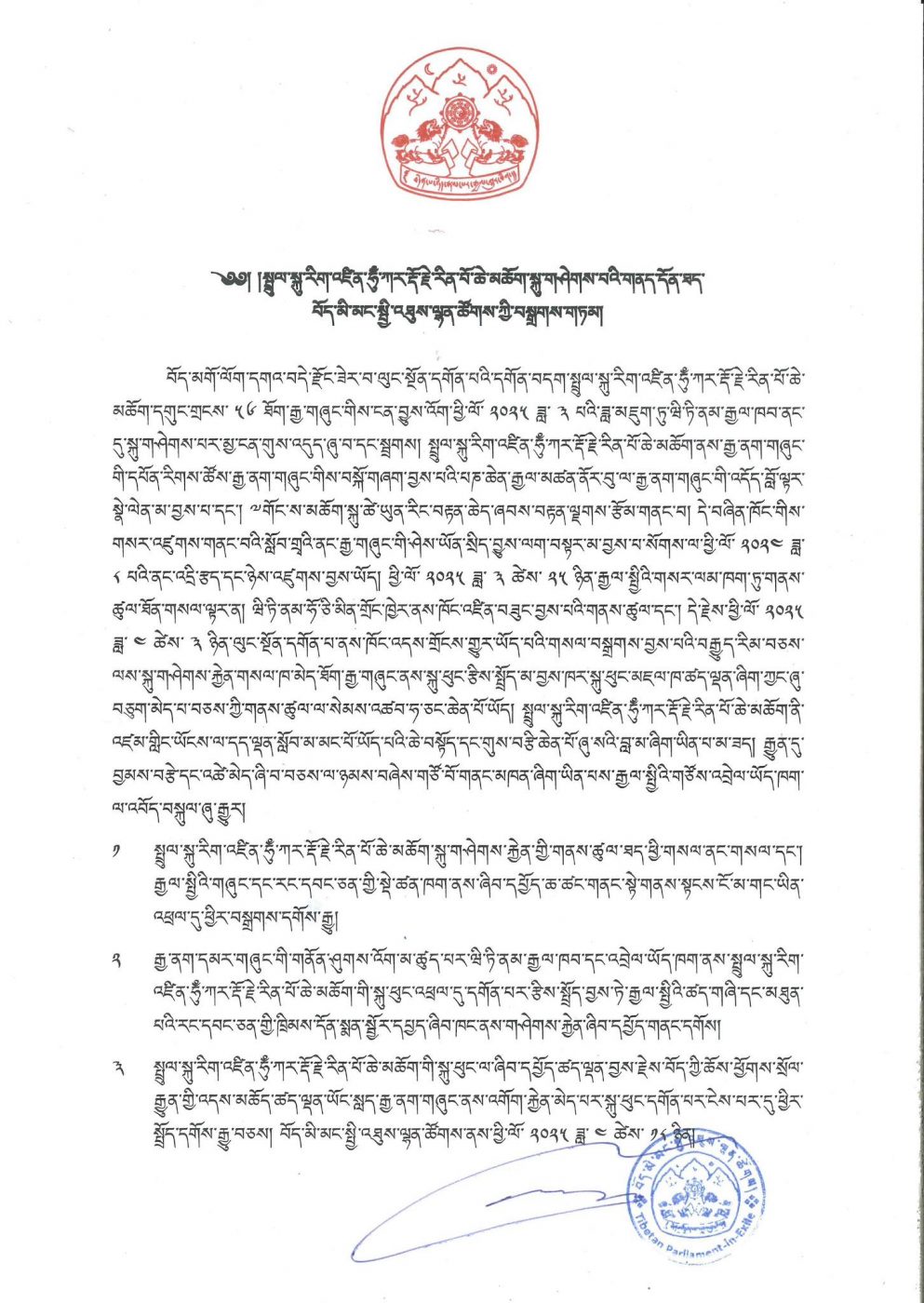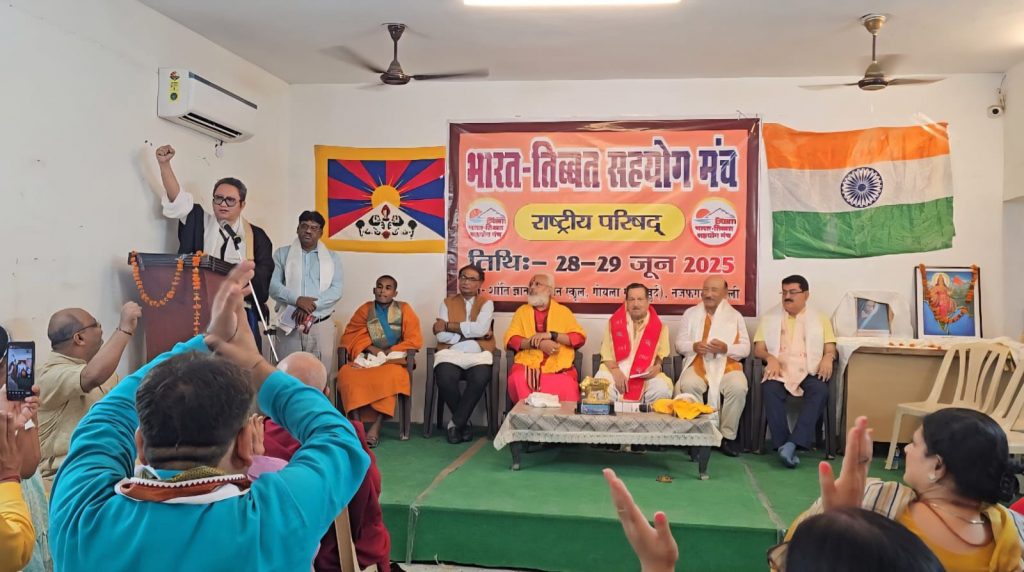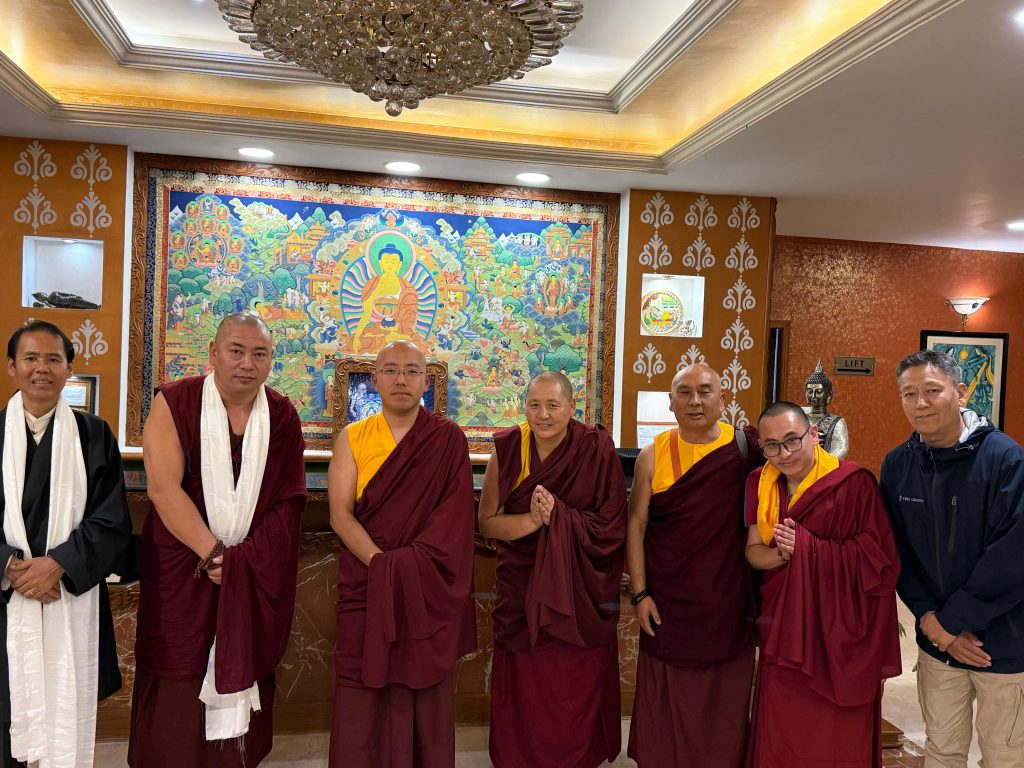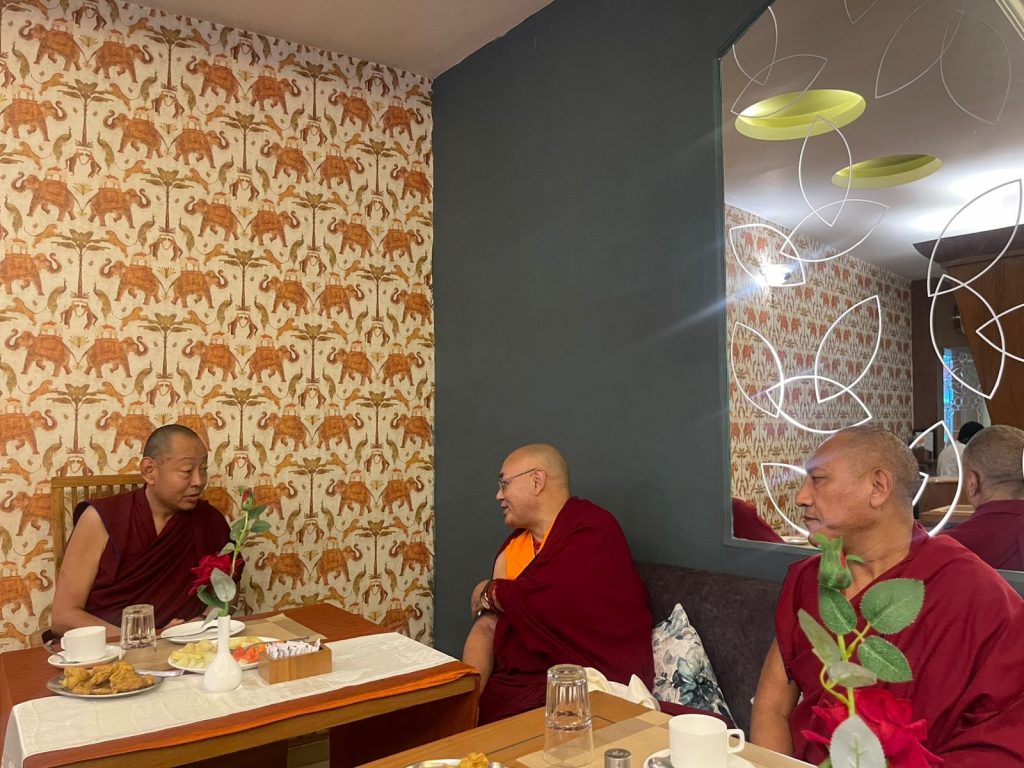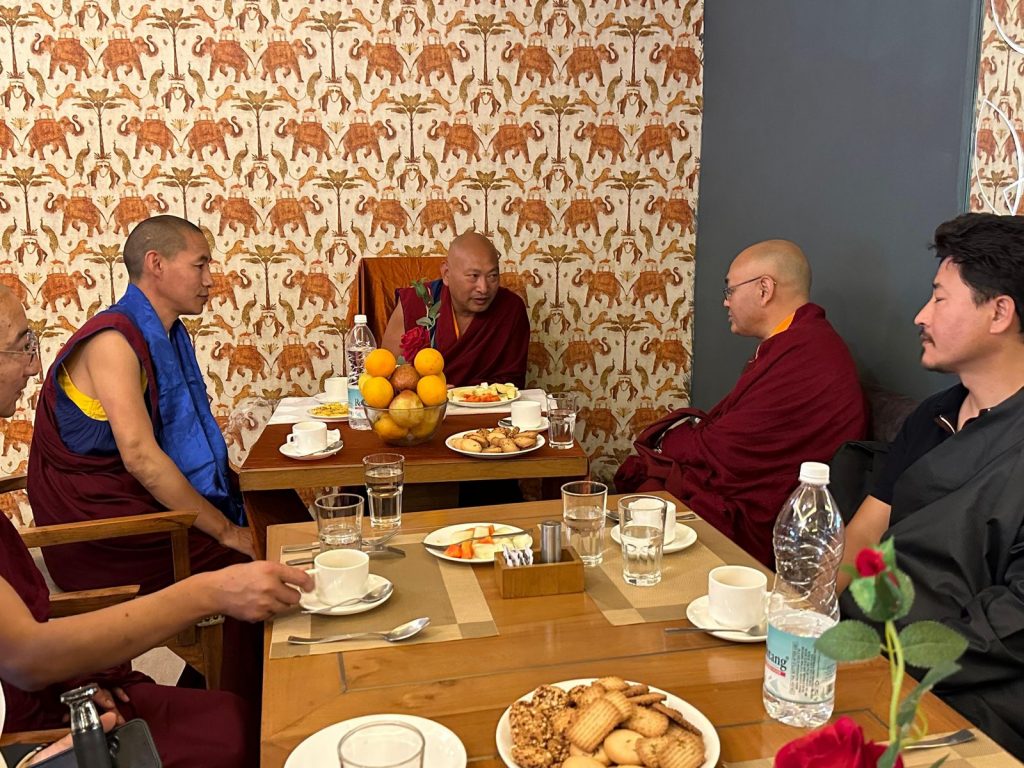April 18, 2025
The Tibetan Parliament-in-Exile expresses deep sorrow over the untimely passing of Tulku Rigzin Hungkar Dorjee Rinpoche, the 56-year-old head of Lung-ngon Monastery in Gade County, Golog, Tibet, who tragically died while in Chinese custody in Vietnam in late March 2025.
Tulku Rigzin Hungkar Dorjee Rinpoche was reportedly subjected to interrogation and politically motivated accusations by Chinese authorities in Tibet in August 2024. These included alleged failure to organize a reception for Gyaltsen Norbu, the Chinese-appointed Panchen Lama, in accordance to the directive of the Chinese government as well as charges related to composing long-life prayers for His Holiness the great 14th Dalai Lama and not enforcing Chinese state education policies in schools established under his guidance.
International media reports indicate that he was arrested in Ho Chi Minh City, Vietnam, on March 25, 2025. His death was subsequently announced by Lung-ngon Monastery on April 3, 2025.
In addition to the Chinese government’s refusal to return his body or permit appropriate visits to pay respects, we are deeply concerned about the circumstances surrounding his death, which appear highly suspicious.
Tulku Rigzin Hungkar Dorjee Rinpoche was a highly respected and revered spiritual leader, with disciples across the globe. He was widely recognized for his unwavering commitment to the principles of compassion, peace, and non-violence.
The Tibetan Parliament-in-Exile urges the international community to call upon the Government of Vietnam and relevant authorities to:
- Conduct a thorough and independent investigation into the circumstances surrounding the detention and death of Tulku Rigzin Hungkar Dorjee Rinpoche and to truthfully disclose the findings of the investigation.
- Ensure the immediate return of Tulku Rigzin Hungkar Dorjee Rinpoche’s body to his monastery and, in accordance with international standards, allow for a proper investigation by forensic experts to determine the cause of death.
- Facilitate the prompt return of Tulku Rigzin Hungkar Dorjee Rinpoche’s body to his family and monastery upon the completion of the investigation, to ensure the proper performance of final rites in accordance with Tibetan Buddhist tradition.
–ENDS–